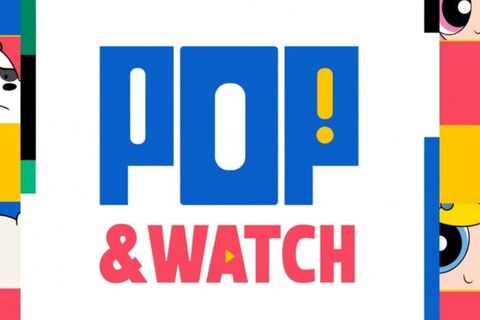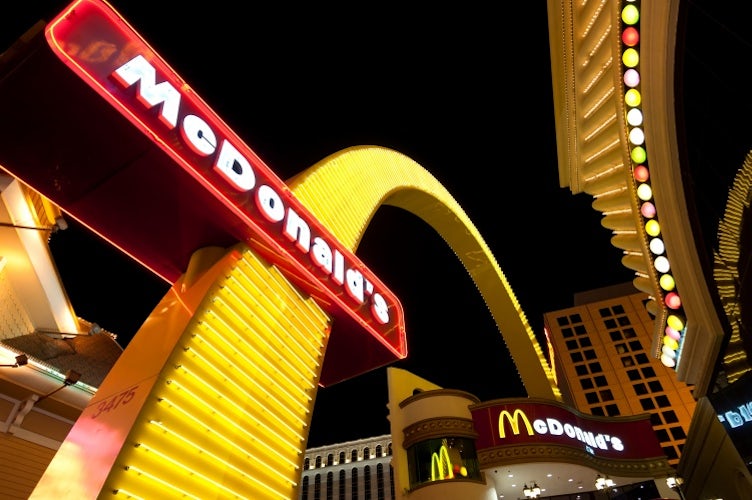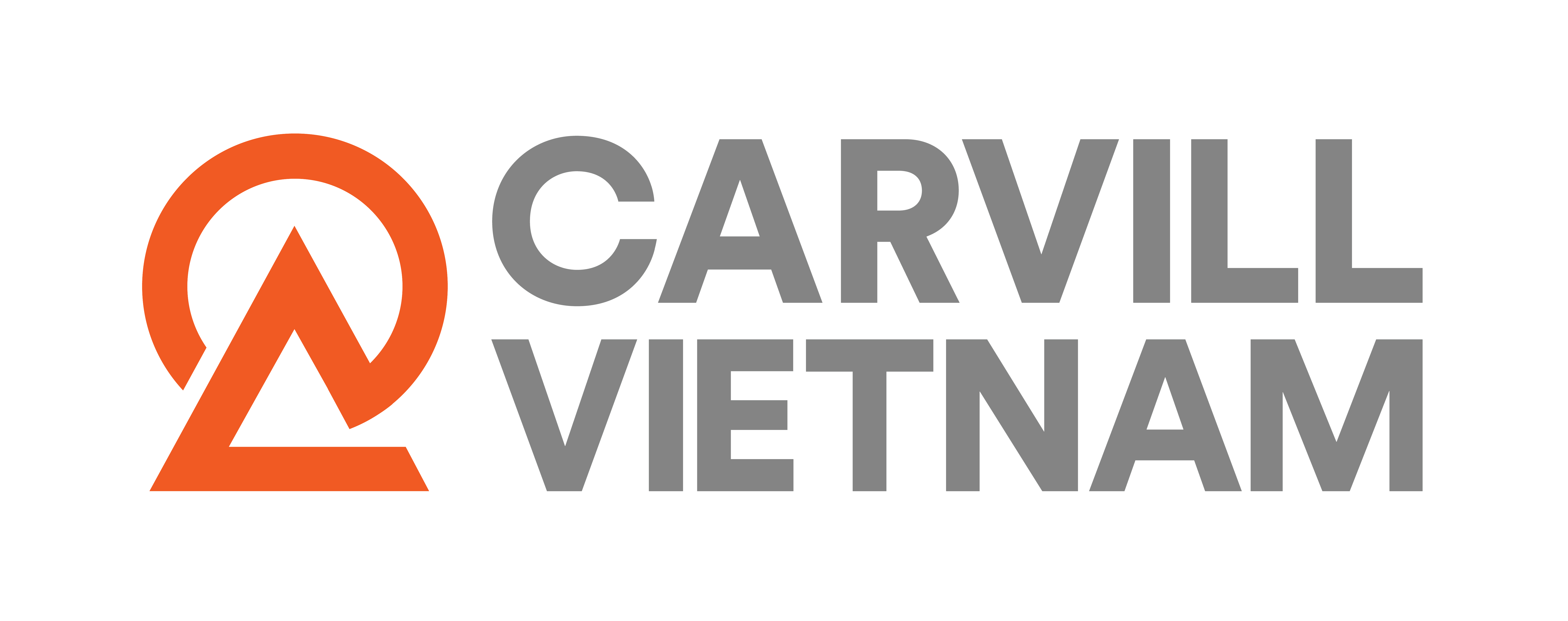How do you solve a problem like... sports star ambassadors going rogue?
Each week, we ask readers of The Drum – from brands, agencies and everything in between – for their advice on real problems facing today’s marketing practitioners.

Influencers, creators and celebrity partners veering off script is a perennial risk for brands utilizing influencer marketing. Ronaldo’s rejection of a bottle of pop and Paul Pogba removing a bottle of beer at separate Euro 2020 press conferences brought that into sharp relief again recently, with Coca-Cola and Heineken left calculating a loss.
For our Sports Marketing deep dive – a week-long series of features, comment and interviews in the middle of a summer full of football, tennis and the Olympics – we’re considering how brands and agencies can navigate or negate these kinds of snarl-ups.
How do you solve a problem like... sports star ambassadors going rogue?

Karan Gera, senior vice-president and group planning director, Deutsch NY
Now that we know Ronaldo causing Coca-Cola’s share price to drop is fake news, here’s what he really did – Ronaldo gave it a global stage. All eyes were on Coca-Cola. What will it do next?
Brands should use this spotlight to demonstrate why they are loved by fans. Put fans in the action by giving them the inspiration to show their love. In Coke’s case, the creativity of fans playfully countered Ronaldo’s bottle removal and went viral. Not only can passionate fans blunt rogue actions, but they can also create (and rekindle) new love for the brand.

Amy Bryant-Jeffries, head of partnerships, Gleam
High profile, well respected stars are hyper aware of their value when endorsing brands – they know they have the power to drive impact and, understandably, need to be mindful of that. Being filmed or pictured with a product is a hugely valuable association, which ordinarily must come at a price, align with the sport star’s own brand image and take into consideration their other personal brand sponsor relationships. However, sports stars don’t get a say in which brands will be tournament sponsors and this can be problematic.
The virality of social media means the act of having your product publicly rejected by a sports star is often more memorable and impactful than an endorsement; brands need to do their due diligence and be aware of any potential sponsorship or value conflicts to mitigate this. On a basic level, making sure there’s nothing sports stars can easily remove themselves should be standard practice. That being said, the very reason the tournaments can go ahead at scale is because they are being funded by brands, so sports stars and their agents do need to be respectful and mindful of this.

Oliver Lewis, group managing director and founder, The Fifth
Talent within any brand endorsement must be authentic to the talent’s values and brand. It must be collaborative; they should be fully briefed on the strategy and given control of the product use. And it must be contracted; there should be no surprises when it comes to roles and brand guidelines.
The Coca-Cola issue showed an inherent disregard for the impact on Ronaldo’s brand. By attempting to leverage his influence by force, the Coca-Cola brand was damaged. Unfortunately, this is often the case with inauthentic influencer marketing.
Talent selection is the most important role of the agency and the biggest challenge in this space.

Lee Gibbons, managing director, Sport Unlimited
Simple. You don’t. And if you’ve done your due diligence, you want them to.
The pandemic has necessitated the acceleration of many trends we were starting to see in sport; a greater share of sponsorship activation via individuals over more traditional rights being one.
Brands endemic to sport have been moving this way for a while; Adidas exited its Chelsea FC partnership in 2016 replacing it with Paul Pogba. Panasonic’s recent partnership announcement with Naomi Osaka succinctly explains why, as “her values and perspectives on society deeply resonate with its own management philosophy”.
Individuals have a personality, they have beliefs and are driven by a purpose. Consumers identify with them and aspire to be like them, and in many cases they have more of a voice than the team or tournament they represent.
Ronaldo and Pogba didn’t go rogue. They’re keeping the industry honest. These are people, not just performers, and when you have one that stands for the same as your brand, don’t worry about silencing them – rather, give them a platform.

Paulina Zymon, senior manager of content strategy, Digitas Health
Influencers have greater authority on the brands they want to be associated with and sports is one category where endorsement constraints are relatively lax, especially compared to regulated industries like healthcare. Often, when a sports star goes rogue, the brand was trying to ’sneak an endorsement’ (Ronaldo’s contract with Coke was expired and Pogba is Muslim and doesn’t drink); therefore, it’s best to laugh at the situation and chalk it up to the overexcitement of the moment, the thrill of the win and the joy of the experience – and the part the brand plays in that enjoyment.

Colin Kennedy, chief executive officer, Redwood BBDO
You could argue that sporting events are a special case that will always feature multiple clashing sponsors and athletes, but recent events have highlighted that product placement and brand badging is more likely to backfire in our social media economy when individual stars have a bigger following than events or brands.
That’s why, as a general rule, we tell our clients to think of influencers and talent as real creative partners rather than paid ambassadors. That means getting talent involved from the start of an idea and having them develop it with the agency and the brand – shaping it around their own authentic experience and core beliefs. Even if commercial realities are always a factor, we approach talent-driven campaign as if they are passion projects rather than paid gigs. Real authenticity has deep, strong roots – it’s more than just a face-fit and a slick script.



 Print the article
Print the article



